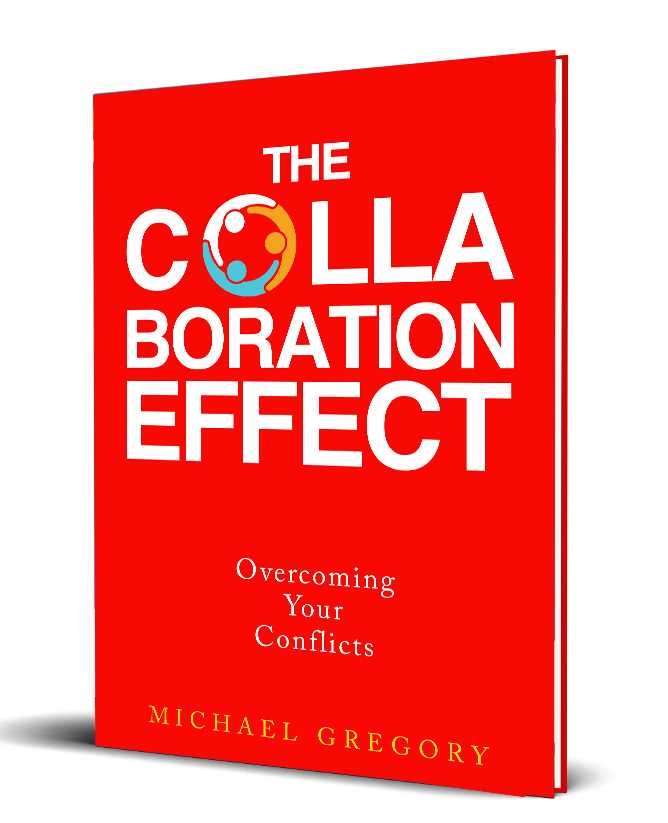
In this article by Katie Shonk from the Program on Negotiation at the Harvard Law School Blog offers three very good reasons why negotiations fail. These are:
- We walk away from a good deal
- We make a deal that we regret later
- We negotiate a deal that is too week to last
I do suggest you read her article. The first point about walking away from a good deal involves Donald Trump and the first Iowa Presidential debate. It sets the stage for a very interesting article.
Having read the article I want to share some additional insights for your consideration.
We walk away from a good deal
When faced with threats, don’t let emotions take over. Realize that emotions become heightened when threatened. Continue to focus on the negotiation and what is at stake. If necessary take a break or a few deep breaths to stay focused on interests and implications economically, socially and environmentally.
If possible ensure you have a naysayer or skeptic on your negotiation team. This is someone who has reservations and is not afraid to provide you with honest feedback and raise areas of concern. You would much rather have that type of feedback now then later
Always know what your Best Alternative to a Negotiated Agreement (BATNA) is, and don’t go beyond that. With a recent client we computed a range for BATNA and from that a specific number BATNA. The other side asked for a bottom line number. My client was totally honest and shared the BATNA. This was risky on several fronts. In the end the other side accepted the BATNA. I might have suggested not going directly to the BATNA, but to make sure that my client considered BATNA in the negotiation. Instead of jumping to BATNA, I would suggest having several alternatives ready and depending on how the negotiation is proceeding, offer something less than BATNA when asked for a response like this. Of course, as in this case having several options ready, the client is the ultimate decision maker. In this instance the client jumped to BATNA and it worked. I hope it is not a deal that the client may regret later.
We make a deal that we regret later
There is no substitute for due diligence. Her comments on buyer’s remorse when researching car prices after purchasing a car is right on point. Recently my client nearly reached an agreement in a negotiation for which I was called in as a consultant. I was no expert in the industry. I asked a host of questions regarding timing of certain elements, alternatives to certain elements and whether considerations were given to some other alternatives. This caused my client to reconsider the agreement they were leaning towards and demand more clarification, which resulted in a better deal for them.
On another front, I always receive at least three bids on any construction project associated with renovations on my home. Why? I always learn something from each bidder. I ask them who will do what, when will it be completed, what is the quality of various materials, where will they keep materials and for how long, why do they recommend the approach and materials for the job, how will the job be completed with various sub-contractors or by the bidder alone? Are they open to a bonus clause if the job is done early and a penalty clause if the job is not completed on time? Where will refuse be kept and when will it be picked up? These are just examples. As a result I begin to have some insights into the quality of the work. I develop trust and feel comfortable with the ultimate selectee, but before selecting the bidder, I check references and the better business bureau. By completing some additional due diligence I feel far more comfortable with my selection.
We negotiate a deal that is too week to last
The details matter. Conceptual deals without implementation details can easily become misunderstood. “The time to plan for the divorce is before the marriage.” Hopefully there won’t be a divorce, but if this addressed up front, this helps the parties to focus on structuring the details in the agreement. I have used that phrase many times to make sure we include all of the details that we think are needed on our side, and I recommend we share that phrase or this concept with the other side to make sure they complete due diligence on the other side. If elements are left to chance there is a possibility that communication and trust may break down resulting in negative consequences to the parties involved.
Working as a mediator for the last 16 years and having been involved with over 2,500 mediations and negotiations with issues up to $1 billion in my career, I felt this article from Katie Shonk was very well written. I hope you take the time to read it if you have not already.
Michael Gregory, ASA, CVA, MBA is an expert in conflict resolution and enhancing effectiveness who is dedicated to making individuals, organizations, thought-leading entrepreneurs and executives more successful. Mike’s books, including his NEWEST BOOK, now also available as an eBook, Peaceful Resolutions are available at this link. On point resources are available online at www.mikegreg.com and check out the blog. Contact Mike directly at mg@mikegreg.com or call (651) 633-5311.
About the author
Mike Gregory is a professional speaker, an author, and a mediator. You may contact Mike directly at mg@mikegreg.com and at (651) 633-5311. Mike has written 12 books (and co-authored two others) including his latest book, The Collaboration Effect: Overcoming Your Conflicts, and The Servant Manager, Business Valuations and the IRS, and Peaceful Resolutions that you may find helpful. [Michael Gregory, ASA, CVA, MBA, Qualified Mediator with the Minnesota Supreme Court]

